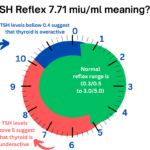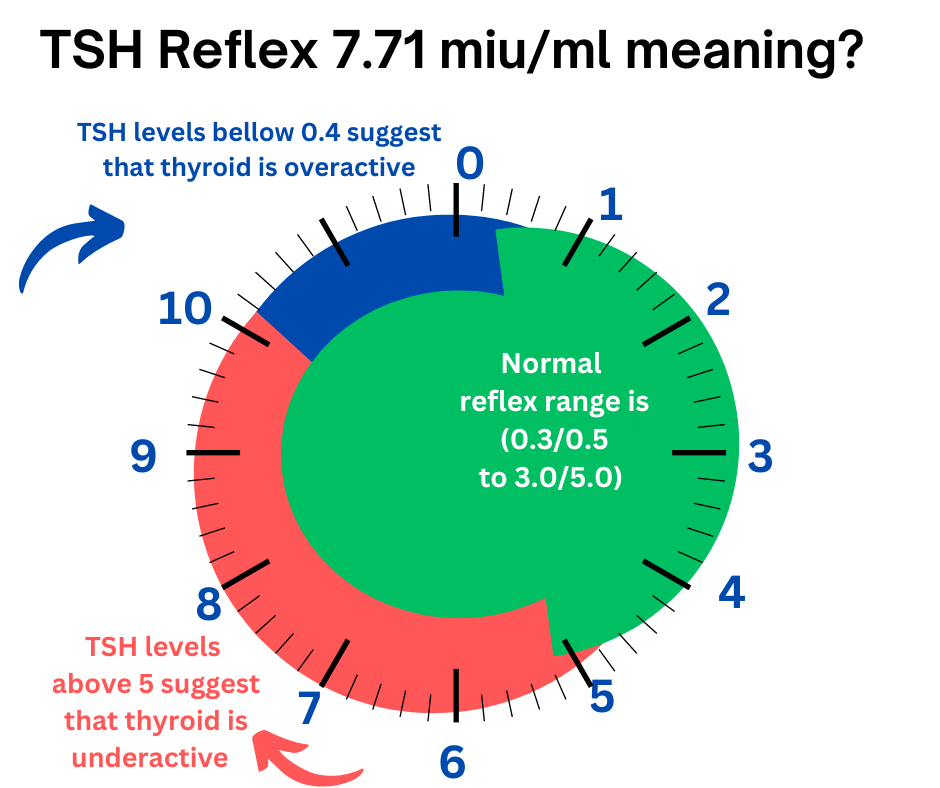What does nj bill a4454/s3192 mean in plain english
What does nj bill a4454/s3192 mean in plain english
New Jersey Bill A4454/S3192: What Does It Mean in Plain English?
In early July 2024, New Jersey Governor Phil Murphy signed into law Bill A4454/S3192, officially called the Real Estate Consumer Protection Enhancement Act (RECPEA). This law will come into effect on August 1, 2024, and its primary goal is to provide stronger protections for consumers and real estate licensees. The law introduces several key changes to real estate transactions in New Jersey, aiming to improve transparency, reduce disputes, and clarify the roles of real estate agents. Here’s a breakdown of what what does nj bill a4454/s3192 mean in plain English for both homebuyers, sellers, and agents.
Key Provisions of the Real Estate Consumer Protection Enhancement Act
Seller’s Property Condition Disclosure Statement Required
What It Means:
Under this new law, sellers of residential properties must provide a fully completed Seller’s Property Condition Disclosure Statement before buyers are contractually obligated. This document outlines any known issues or defects in the property.
Why This Matters:
This requirement ensures that buyers have all the necessary information about the property, which helps them make an informed decision. It also reduces potential disputes after the purchase since the buyer will be fully aware of any property issues upfront.
Designated Agency Now Allowed
What It Means:
The law introduces the concept of designated agency, which allows a real estate brokerage to appoint separate agents to represent the buyer and the seller in the same transaction. Each agent owes full fiduciary duties to their respective clients.
Why This Matters:
This change ensures that buyers and sellers are fully represented in a transaction, even when both parties are working with the same brokerage. It eliminates potential conflicts of interest, offering greater transparency.
Brokerage Services Agreements Required
What It Means:
Real estate agents are now required to enter into brokerage services agreements with their clients. These agreements outline the services that the agent will provide during the transaction.
Why This Matters:
This adds a layer of accountability by clearly defining the roles and responsibilities of the agent. Clients will know exactly what to expect from their real estate professional, which promotes trust and professionalism in the industry.
Signage at Open Houses
What It Means:
At open houses, listing agents must now disclose who they represent through signage, either at the entrance or on a sign-in sheet.
Why This Matters:
This ensures that potential buyers attending an open house know whether the agent they are speaking to is working for the seller, the buyer, or both. It adds clarity to the agent-client relationship and prevents misunderstandings.
Changes in Compensation Disclosure
What It Means:
The law prohibits sellers’ agents from disclosing compensation in Multiple Listing Services (MLS) if the MLS policy restricts it. Additionally, sellers’ agents are no longer allowed to notify MLSs about cooperative compensation.
Why This Matters:
This provision is designed to create transparency and prevent conflicts regarding agent compensation. It ensures that compensation terms are negotiated directly between agents and their clients, without involving third-party MLS systems.
Continuing Education Requirement Added
What It Means:
Real estate agents must complete continuing education (CE) classes every two years. An additional course on agency relationships will now be required by the New Jersey Real Estate Commission (NJREC).
Why This Matters:
This ensures that agents stay up-to-date with industry regulations and best practices, which ultimately benefits consumers by improving the quality of service provided by real estate professionals.
Frequently Asked Questions (FAQs)
Q1: What is the Seller’s Property Condition Disclosure Statement, and who must complete it?
A: This is a document that outlines any known issues or defects in a property. Under the RECPEA, all sellers of residential properties, including banks and estate administrators, must complete this form. It helps ensure that buyers are aware of any issues before entering into a contract.
Q2: What’s the difference between designated agency and dual agency?
A: Dual agency occurs when one agent represents both the buyer and the seller in a transaction. Designated agency, on the other hand, allows a brokerage to appoint separate agents to represent each party. The brokerage itself remains neutral, while each agent owes full fiduciary duties to their respective clients. This provides clearer representation for both parties.
Q3: How will compensation for agents be disclosed if it’s prohibited in MLS listings?
A: Compensation will need to be communicated through alternative means, such as the broker’s website, social media, or other marketing methods. The key is that compensation must be discussed directly between the agents and their clients, without using the MLS as an intermediary.
Q4: Will this law affect commercial real estate transactions?
A: The law mostly applies to residential real estate transactions. However, sellers of commercial real estate are still required to disclose flood risks on the Seller’s Property Condition Disclosure Statement, even if they don’t need to complete the entire form.
Q5: Are real estate agents allowed to represent both parties in a transaction?
A: Yes, with designated agency, different agents from the same brokerage can represent the buyer and the seller. However, if one agent represents both parties, it would fall under dual agency, which is still permissible with full disclosure and consent.
Q6: What should happen to active buyer and listing agreements entered into before August 1, 2024?
A: Active agreements can be amended to meet the requirements of the RECPEA, ensuring that compensation terms are clear and that all necessary disclosures are made.
Q7: What if a buyer doesn’t want the listing agent to represent them?
A: In this case, the listing agent should advise the buyer to hire their own agent or have an attorney prepare the offer. The listing agent should not fill in the contract for an unrepresented buyer.
Q8: Will there be any changes to how real estate agents are compensated?
A: The law allows brokerages to be compensated by both parties in designated agency or dual agency relationships, eliminating previous restrictions on dual compensation. However, any compensation must be fully disclosed and agreed upon in the brokerage services agreements.
Conclusion
The Real Estate Consumer Protection Enhancement Act brings significant changes to real estate transactions in New Jersey, primarily aimed at improving consumer protection and clarifying the roles and responsibilities of real estate agents. With new disclosure requirements, designated agency options, and continuing education mandates, the law promotes transparency and professionalism in the real estate industry. Whether you’re buying or selling a home, these changes are designed to create a smoother, more informed process for everyone involved. At the end of this discussion I hope you understand better about this What does nj bill a4454/s3192 mean in plain english. If you still have question in your mind feel free to ask 🙂 For more meaning visit our website hookstap.
Sources of information
Share this content:










Post Comment